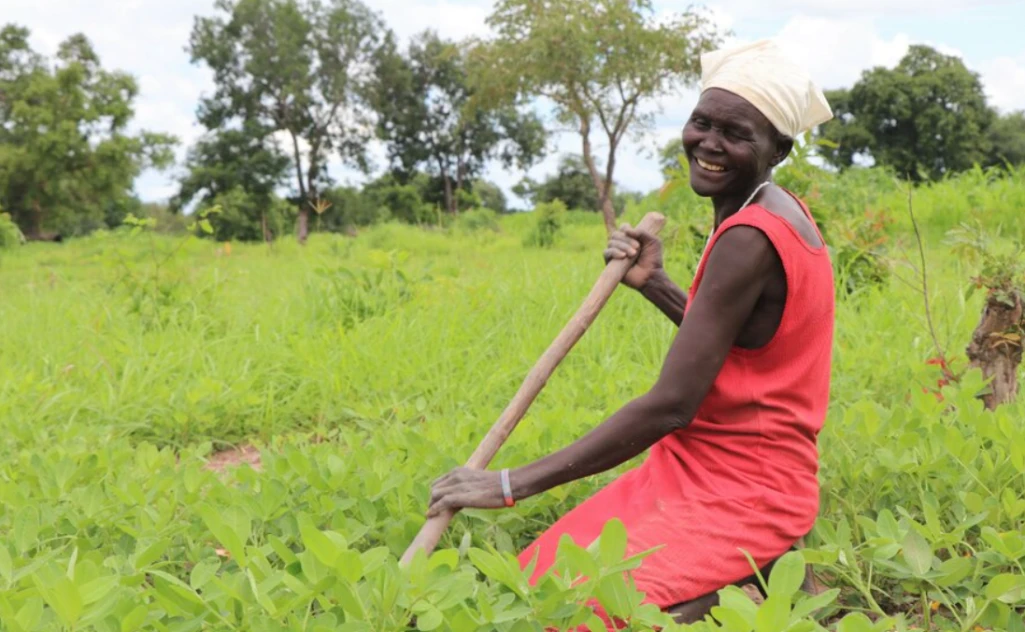
Any resident of Twic County in Warrap State found loitering at marketplaces during farming hours will be held for the rest of the day, this is according to a bylaw.
It is farming season in the area. The main crops cultivated there include sorghum, maize, groundnuts and other legumes.
However, county authorities say some residents, especially youth, do not want to take part in the agricultural activities. They allegedly spend time paying cards and dominoes. Others drink alcohol.
“I have seen many people wandering in the market during morning hours; they don’t want to cultivate,” Mangok Kom, acting county commissioner, told Mayardit FM on Thursday.
“I have ordered the police to detain people who gather at tea places during cultivation time. They will then be released in the evening when others come back from farming so that they cannot roam in the market the following day.”
Those working for humanitarian groups, UN agencies and government employees are exempt from the order.
Some of the residents who spoke to this media outlet in Turalei town welcomed the order, with some emphasizing on the need to keep away idlers from the marketplaces.
“There are people who don’t like to work. These person should be put in jail; that will be better than staying in town without work,” Santino Athuet said.
For her part, Abuk Deng stressed that whoever lives with those who do not want to grow food should encourage them to do so.
The South Sudan Penal Code Act, 2008 defines an idle person as any person who, being able wholly or in part to maintain himself or herself or his or her family, willfully neglects or refuses to do so.
“Whoever conducts himself or herself as and idle person commits an offence, and upon conviction, shall be sentenced to imprisonment for a term not exceeding one month or with a fine or with both,” reads Article 378 (2).
Meanwhile, the lean season has reportedly begun early for many poor households, particularly in areas affected by the protracted impacts of multiple years of flooding and conflict, combined with persistent poor macroeconomic conditions and high and rising food and non-food prices.
During the upcoming rainy season from June to September, renewed flooding and insecurity are likely to disrupt trade flows, markets, and humanitarian deliveries leading to an increase in populations facing large food consumption gaps, with particular concern in areas of northern Jonglei and southern Upper Nile, it says.
However, planned food assistance is likely to mitigate the severity of outcomes in many counties of Jonglei, Upper Nile, Warrap, and Unity states. At the peak of the lean season (July and August), up to 60 percent of the country’s population will need humanitarian assistance.